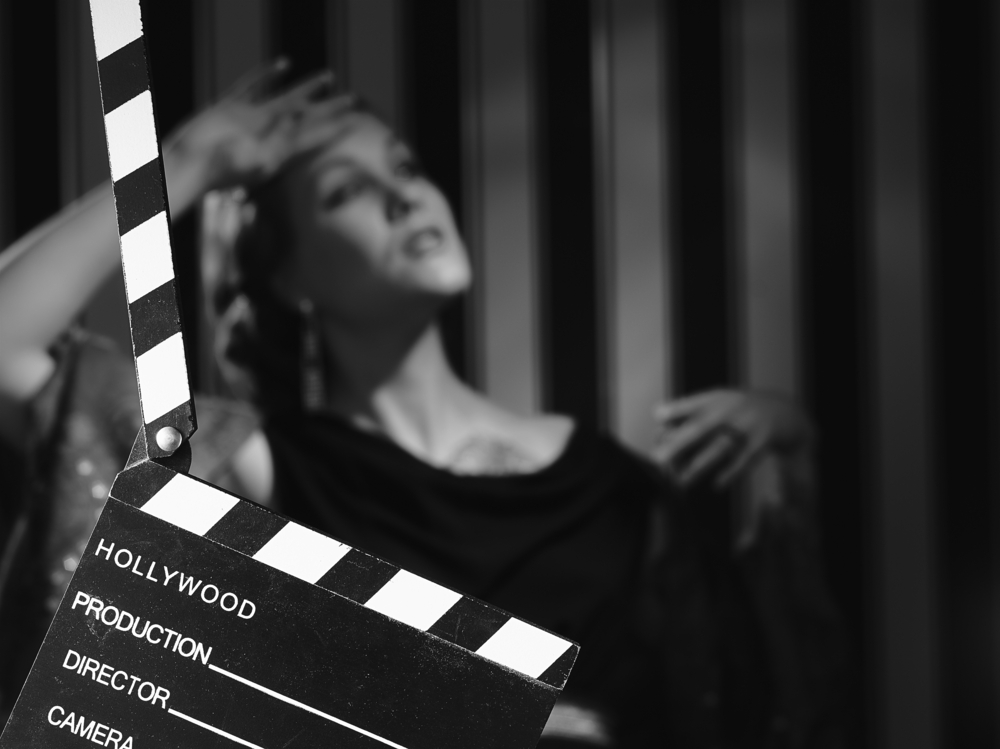The Science of Acting

Mastering a skill often leads people to comment that you’ve got something down to a science. It represents a distinct appreciation for the precision, skill, and time it took to truly grasp a skill set. People appreciate those who are good at a particular craft, but we often end up overlooking the talents of actors and actresses. It isn’t because we don’t appreciate their abilities and the work they do. The adoration of countless fans makes it abundantly clear that anyone who’s graced the silver screen can’t escape appreciation even on the occasions that they actually try. We still end up overlooking the metaphorical science of acting though. It has to do with the fact that acting, in many ways, is the science of disappearing in plain sight and becoming something more. The work actors and actresses put into practicing this skill is something we can certainly appreciate.
Poise
One valuable skill that acting requires is the actor’s awareness of their place in a space of the scene. Most people don’t think about it consciously, but our body language says just as much as any words we care to use. Actors must be aware of the tone of the scene and the personality of their character to ensure that both their words and body language move in harmony with the scene. The endless cries of “cut” in movies that touch on the making of movies are sometimes used as a joke, but the truth is the level of precision required typically takes doing and redoing a scene until everything comes together properly. The effort pays off in that the harmony of body and speech helps make a scene far more believable regardless of what’s happening.
Memory
The most obvious thing acting requires of an actor is a good memory. Scripts are monumental assemblies of cues, lines, and scribbled notes trying to capture a particular scene on paper. Each line only works well so long as they continue to flow from one speaker to the next with the natural flow of the scene. As a result, it is something of a stereotype to show actors and actresses flipping through scripts even as they take breaks. The sheer amount of memory it requires makes this an entirely understandable stereotype. It also helps the actor to keep in mind a general tone for any role they’re playing. Method actors often take this trait to its logical conclusion by remembering the character they’re portraying so well that they don’t break character until the end of a day’s work. Remembering the lines and spirit of the character help ensure people believe in a character and their motivations.
Flexibility
Flexibility seems to be another vital component in the science of acting. Anyone whose watched a “making of…” special has likely seen clips from behind the scenes where the director takes actors aside and tries to refine the idea described in the script. They can even have already liked what was done, but the fact that there is space for something better to be tried means the actors needs to adjust to new directions on the fly. Sometimes actors are even given the freedom to ad lib their way through sections of a scene. It provides a chance to demonstrate how well they know the character and bring out aspects that might otherwise be missed. This willingness to “play in the space” keeps everyone involved mentally flexible and personally inventive.
The “science” of acting is a collection of lessons that actors learn as they progress through their craft. Yes, people can go to classes and learn the mechanical process of acting, but that’s only the skeleton of their craft ultimately. They learn more lessons by doing things and gradually figuring out what tricks work best for them until it all comes together and they vanish in front of our eyes. In their places is the character they’re portraying in a movie or play. Good acting, much like beauty, is marked by how easy people make it seem.

